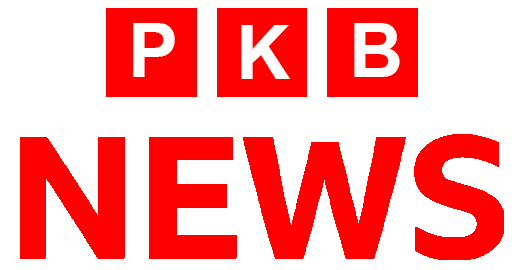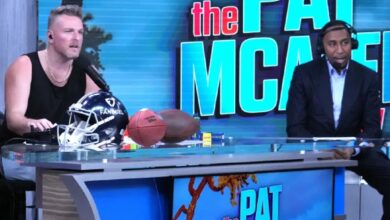Rugby League Players Association, Origin media boycott as CBA standoff explodes
Today we are going to talk about the most shocking news, the Rugby League Players Association (RLPA) has taken a bold step by announcing a media boycott during NRL matches and the upcoming State of Origin III. The decision comes as negotiations for the collective bargaining agreement (CBA) between the RLPA, the NRL, and the Australian Rugby League Commission reached a boiling point. The RLPA, representing the players’ interests, called a press conference at 2:45 pm AEST to reveal their latest course of action in response to the protracted CBA negotiations.

Rugby League Players Association
Under the boycott, players will abstain from participating in pre-game, post-game, and halftime interviews. This move aims to exert pressure on the NRL and the Commission, demonstrating the players’ solidarity and their dissatisfaction with the current state of negotiations. The RLPA’s decision reflects the players’ belief that their voices are not being adequately heard and their concerns are not being appropriately addressed in the CBA talks. It highlights the growing rift between the players and the league, with both sides seemingly unable to find common ground. While details regarding the specific points of contention in the negotiations remain scarce, it is evident that the RLPA’s dissatisfaction has reached a breaking point. The players’ union has taken this drastic step to emphasize the urgency and seriousness of their demands.
According to the source, The media boycott will have significant implications for the coverage of NRL matches, as player interviews play a crucial role in providing insights, analysis, and post-match reactions. Fans and journalists alike will be deprived of the players’ perspectives and firsthand accounts, impacting the overall viewing experience. The RLPA’s decision also extends to the highly anticipated State of Origin III, adding another layer of complexity to an already tense situation. The Origin series holds a special place in the hearts of rugby league fans, and the absence of player interviews may dampen the buildup and intensity surrounding the event.
As per the experts, it is likely that discussions will be between the RLPA, the NRL, and the Commission. Both sides will need to find a way to resume negotiations and bridge the gap to prevent further disruptions to the sport. The NRL and the Commission now face mounting pressure to address the players’ concerns and revive the negotiation process. The media boycott serves as a public declaration of the players’ frustrations and highlights the urgent need for a resolution that is fair and satisfactory to all parties involved. The impact of this boycott extends beyond the immediate ramifications for NRL matches and the State of Origin. It serves as a reminder of the inherent challenges in collective bargaining negotiations and underscores the importance of open and constructive dialogue between players and league officials.






